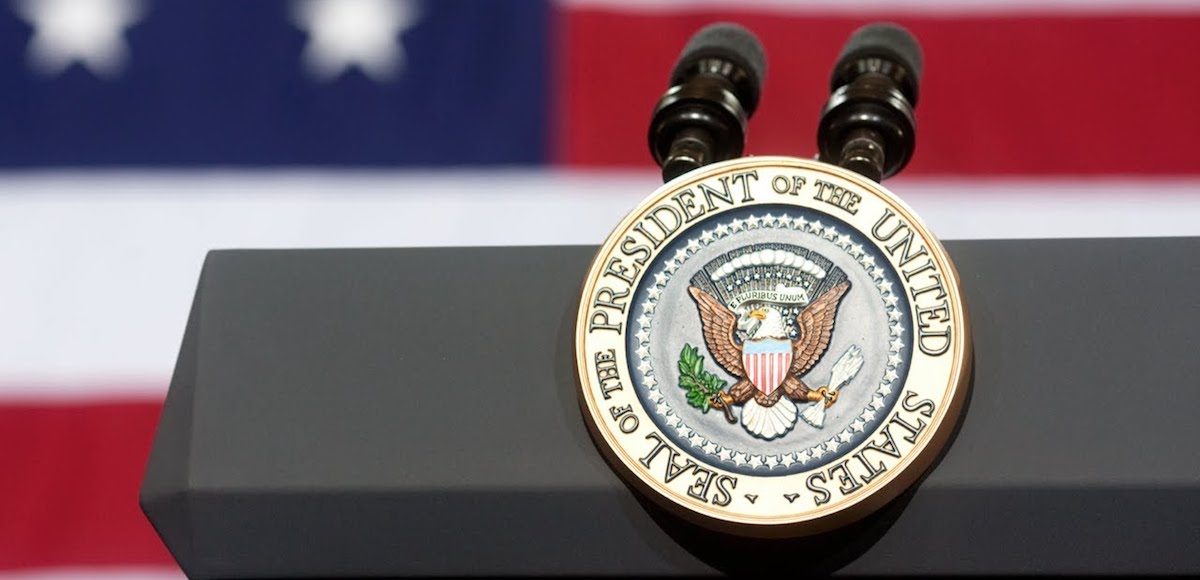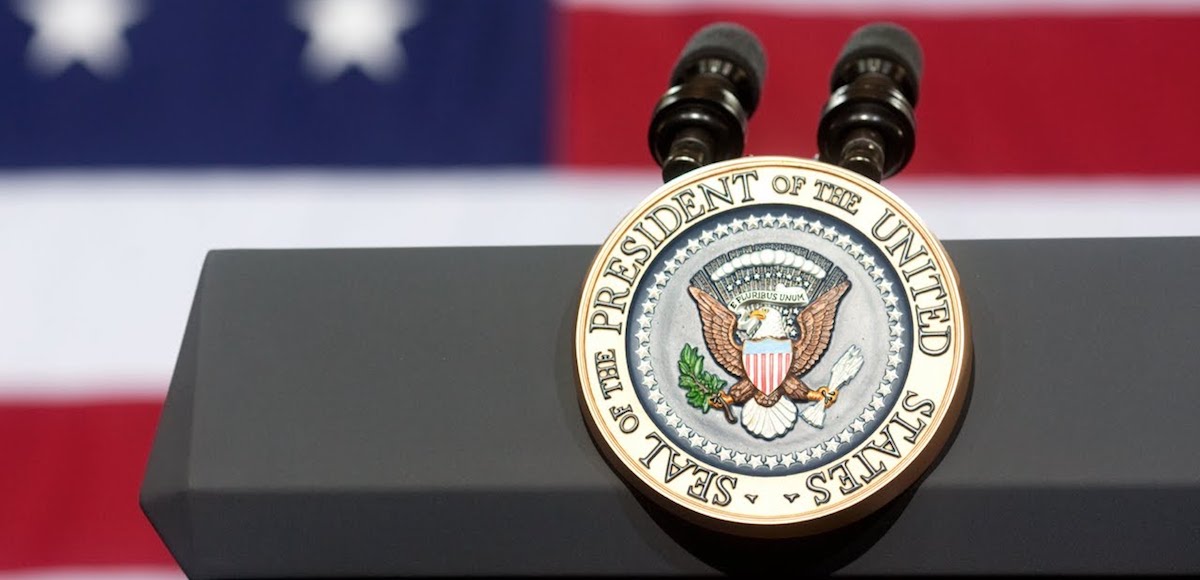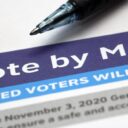

Popular punditry proclaims that a president’s job approval is the primary driving factor behind midterm elections. This is a myth. Evidence shows no real correlation between midterm swings and presidential job approval.
Let me exemplify:
Change In Presidential Party’s Midterm Popular Vote Margin From Prior Midterm
Table 1 (30s to Low 40s)
| Presidential Job Approval Rating | Change in Popular Vote Share |
| 34% | -5 |
| 35% | +10 |
| 38% | -13 |
| 41% | +2 |
| 42% | -3 |
| 44% | -2 |
Table 2 (45% to 59%)
| Presidential Job Approval Rating | Change in Popular Vote Share |
| 45% | -15 |
| 45% | -15 |
| 48% | -8 |
| 54% | -8 |
| 57% | -6 |
| 58% | -6 |
| 58% | +2 |
Table 3 (60% & Above)
| Presidential Job Approval Rating | Change in Popular Vote Share |
| 60% | -5 |
| 62% | -7 |
| 63% | +2 |
| 65% | +6 |
| 65% | +4 |
| 66% | -5 |
Note — the most popular incumbent President saw the same results as the least popular incumbent President. Equally, deeply unpopular presidents have twice improved on their party’s prior midterm performance, while half of very popular presidents saw at least a 5 point decline in their party’s margins over the prior midterm election. The most popular presidential incumbents were more likely to experience a bigger decline in their party’s midterm margins than were the least popular presidents.
Put simply, presidential job approval shows no empirical relationship over time with midterm party performance. Or, put another way: the median midterm result by job approval compared to the prior midterm election:
Table 4 (Averages)
| Presidential Job Approval Range | Change in Popular Vote Share |
| 30% to 44% | – 2 to 1/2 |
| 45% to 59% | -8 |
| 60% and Above | -5 |
The map of midterm outcomes by job approval looks like what a random map would often look like.
Instead, the most common phenomenon is that the party out of power tends to turn out at higher rates than the party in power during midterm elections, though this normally accounts for about a 5 point improvement over the prior midterm. (The outcomes can be much more skewed in special elections, where turnout can wildly vary).
If that happens in 2018, Democrats would fall far short of taking Congress. If past is prologue, Democrats hanging their hat on presidential job approval polling will end up without a hat come Election Day.
At 3:2 odds, Republicans keeping Congress remains a pretty good bet, as of today.
Robert Barnes is a high-profile criminal defense lawyer and has been dubbed by the media as America’s most successful political gambler. Learn more at Barnes Law LLP. You can follow him on Twitter at @Barnes_Law.





Matthew Bacon / March 16, 2018
@FreePat62 It actually does in a sense. When he comes out to stump for candidates, that rating is… https://t.co/xvgvxq0YGF
/